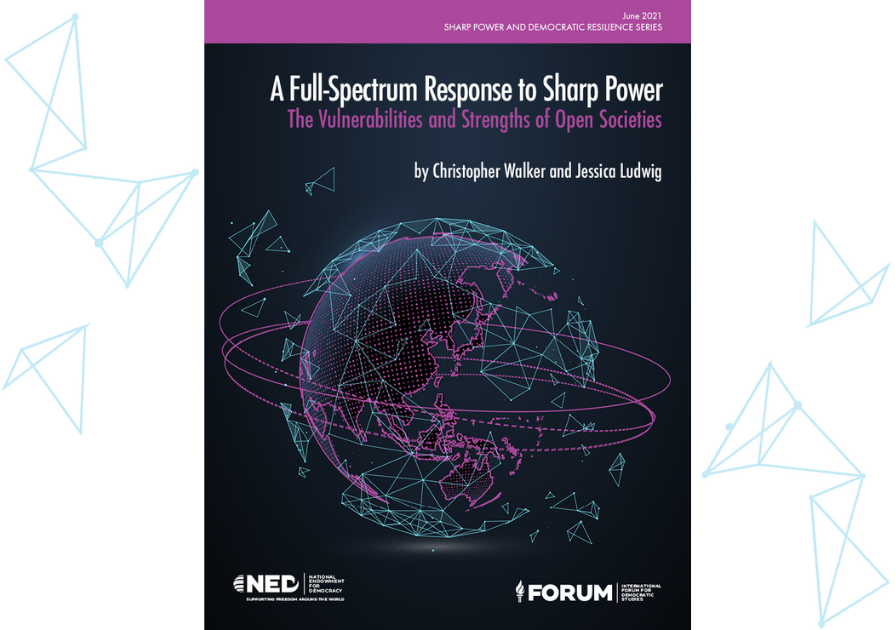Christopher Walker

As globalization has deepened integration between democracies and autocracies, the compromising effects of sharp power—which impairs free expression, neutralizes independent institutions, and distorts the political environment—have grown apparent across crucial sectors of open societies. Building upon its groundbreaking 2017 report, Sharp Power: Rising Authoritarian Influence, the International Forum for Democratic Studies undertook a two-year initiative to assess how modern forms of authoritarian influence affect the democratic infrastructure of open societies. The final report in the Sharp Power and Democratic Resilience series reviews the findings of eight papers that highlight serious vulnerabilities in a cluster of institutions related to information and ideas, commerce, media, and technology. During a period in which democracies have been preoccupied with internal problems, authoritarian regimes in Russia, China, and elsewhere have pushed boundaries and successfully exploited these vulnerabilities. Authoritarian powers’ compromising activities in these four sectors, among others, amount to a constant probing of democratic integrity. A response from the full spectrum of institutions within open societies is essential. Actors in the nongovernmental sector—including but not limited to media, universities, publishers, and technology and entertainment firms—must develop strategies for resilience in the face of authoritarian influence that reinforce standards of openness, accountability, and institutional integrity.
No comments:
Post a Comment